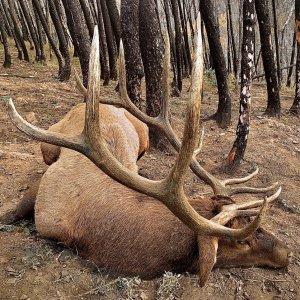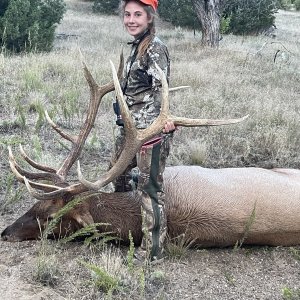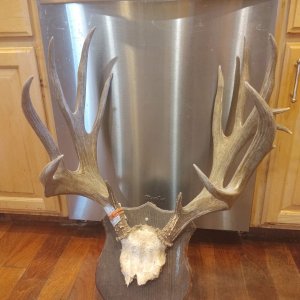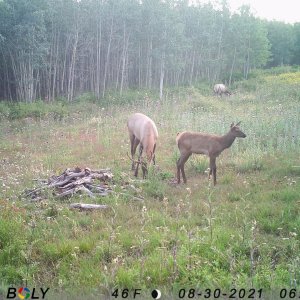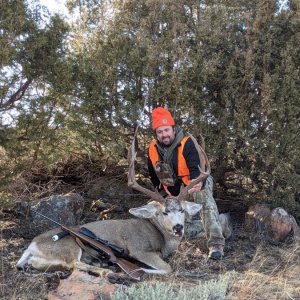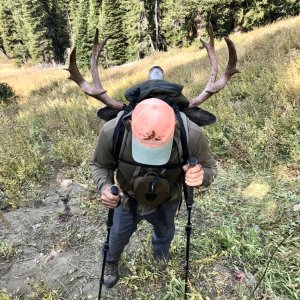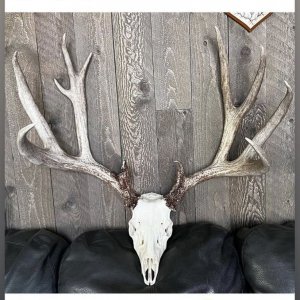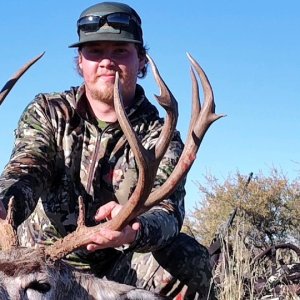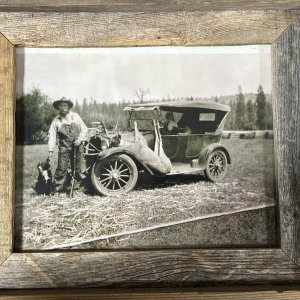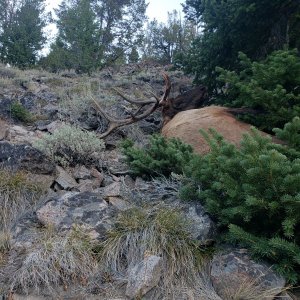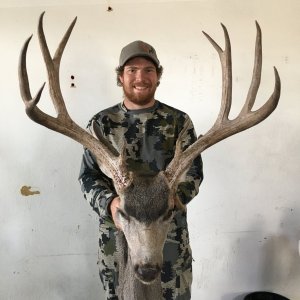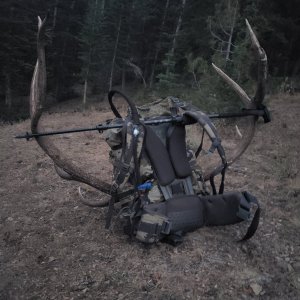"Did you know that the funds generated from license sales is placed in a general fund of which a percentage is directed back to the DWR for use in the care of our wildlife."
I am not trying to be the facts police, but the above statement is false. Once upon a time, many years ago the license monies went into the general fund, but that has long since been changed. Facts are that the DWR retains all license monies, federal monies, donations, etc AND the DWR receives public tax monies from the General Fund. Here is the funding statement from the DWR site:
--Restricted funds: The majority of DWR's revenue is generated from the sale of hunting and fishing licenses and permits. These funds are restricted for exclusive use by DWR and cannot be transferred to other state agencies. One hundred percent of the license dollars collected stay within the DWR to carry out the division's mission to conserve and protect the Wildlife of Utah. Funding overages or shortages are managed through an interest-bearing account maintained by the State Treasurer. Other types of funding in this category are revenues from Certificates of Registration, donations, wildlife license plates and miscellaneous fees.
---Federal funds: Each year, DWR receives federal funds for wildlife, sportfish and sensitive and endangered species. Federal funds for the wildlife and sport fish programs come from the U.S. Fish and Wildlife Service (USFWS). The DWR receives revenue allocated by the USFWS from federal excise taxes on hunting and shooting equipment and fishing equipment and motorboat fuel. Each state's allocation is based on the state's hunting and fishing license sales and land area. These funds are generally matched with state funds in the ratio of 75 percent federal to 25 percent state funds. Other federal agencies, including the Bureau of Reclamation, Forest Service, Bureau of Land Management and Department of Defense, award funds to accomplish their agency goals on a contract basis.
---General funds: General funds (tax dollars) account for only about 12 percent of DWR's annual budget. These funds are used primarily for sensitive species, law enforcement, wildlife depredation and some fish hatchery programs. Because the Legislature has indicated that the Division should not use hunting or fishing license revenue to fund nongame species management, these funds help cover the costs of nongame management.
---Wildlife Habitat Account
During the 1995 general session, the legislature created the Wildlife Habitat Account. This account provided dedicated funds to be used only for the enhancement, preservation, management, acquisition and protection of fish and wildlife habitat and for improving public access for fishing and hunting. The Wildlife Habitat Account generates about $2 million each year for projects.
Habitat Council: Project proposals originate in the field. They are then reviewed and prioritized by regional management teams and then forwarded to the Habitat Council for review and recommendation. The Division director authorizes projects, and the money to do them. This council is comprised of four Division representatives and four citizen representatives. All potential projects are brought to the Habitat Council for review. Division habitat managers present these projects, but they can originate from another agency, a landowner or any individual in Utah.
Investing in the future: The staff of the Division and the Habitat Council is excited about the Wildlife Habitat Account. From our perspective, this expanded habitat program represents an enormous opportunity, a great responsibility, and the best possible investment for the future.
The hunting and fishing public has always been willing to pay their way and has strongly supported programs designed to produce tangible results on the ground. Our commitment is to build on our successes and expand our efforts to the benefit of all wildlife habitat and citizen interests throughout the state.

